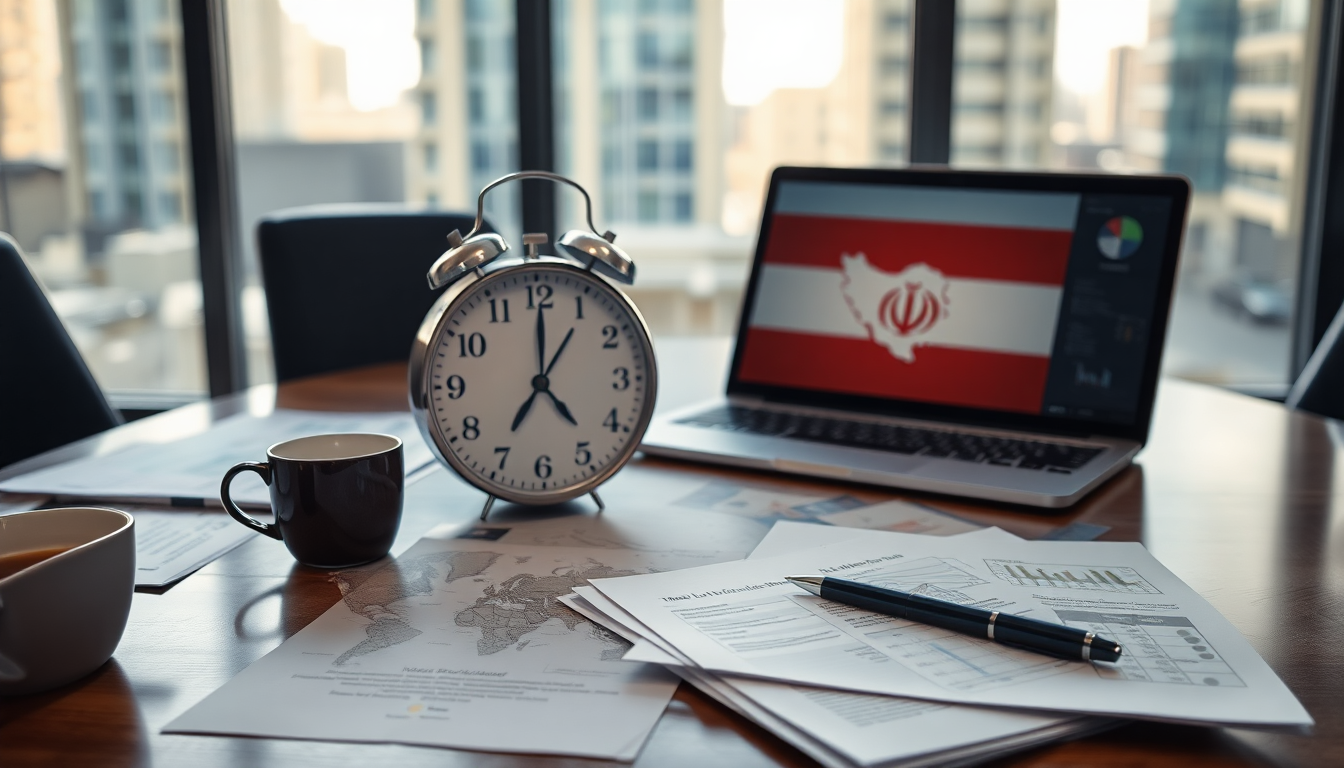Table of Contents
The ongoing tension surrounding Iran’s nuclear program is a hot topic right now, especially as the nation navigates its commitments under the 2015 nuclear deal. Recently, foreign ministers from France, Germany, and the United Kingdom voiced their disapproval of Iran’s decision to limit cooperation with the International Atomic Energy Agency (IAEA).
So, what’s the latest on this situation? Let’s explore the developments, reactions from global powers, and what this all means for future negotiations.
Iran’s Withdrawal from IAEA Cooperation
In a surprising twist, Iran has decided to remove surveillance cameras installed by the IAEA at its nuclear facilities.
They claim sensitive information may have been compromised, which raised eyebrows among European nations. They’re now urging Iran to return to full cooperation. To make matters worse, the Iranian government has blocked IAEA Director General Rafael Grossi from visiting its nuclear sites, further escalating the situation.
What’s driving these actions, and what are the stakes?
Ever since the United States pulled out of the nuclear agreement in 2018, Iran has been gradually rolling back its commitments. Recent airstrikes by Israel have only added to the complexity, leading to heightened scrutiny of Iran’s nuclear ambitions.
France, Germany, and the UK are now pushing for Iran to reverse its recent decisions and stressing the need to ensure the safety of IAEA personnel. Will these calls be enough to change Iran’s course?
Threats Against IAEA Officials and Their Implications
To complicate things even further, there have been alarming threats directed at IAEA officials, particularly Grossi, who has been branded a spy by some Iranian media outlets. This kind of rhetoric raises serious concerns about the safety of international inspectors and the future of nuclear oversight in Iran.
Iran’s ambassador to the UN has tried to downplay these threats, insisting that Tehran poses no danger to Grossi. But can we really take that at face value?
Despite a ceasefire between Israel and Iran, negotiations about Iran’s nuclear capabilities are still at an impasse. Grossi has warned that Iran could ramp up uranium enrichment within months if diplomatic solutions don’t materialize. This looming threat underscores the urgency for renewed negotiations and a careful navigation of the region’s delicate power dynamics. How long can this stalemate last?
The Broader Geopolitical Context
The diplomatic efforts to resolve this crisis have been hindered by the military strikes from the previous US administration and a noticeable lack of engagement in peace talks. Today’s geopolitical landscape is incredibly complex, with European leaders attempting to mediate between Iran and Israel while also facing pressure from the US to take a hard line. Can they find a way to balance these competing interests?
As the EU grapples with these challenges, they are also contending with other pressing issues, such as allegations of fraud involving Chinese imports that have cost them significant sums. These interconnected concerns highlight the intricate tapestry of international relations and the need for coherent strategies moving forward. How will these dynamics shape the future of global diplomacy?





